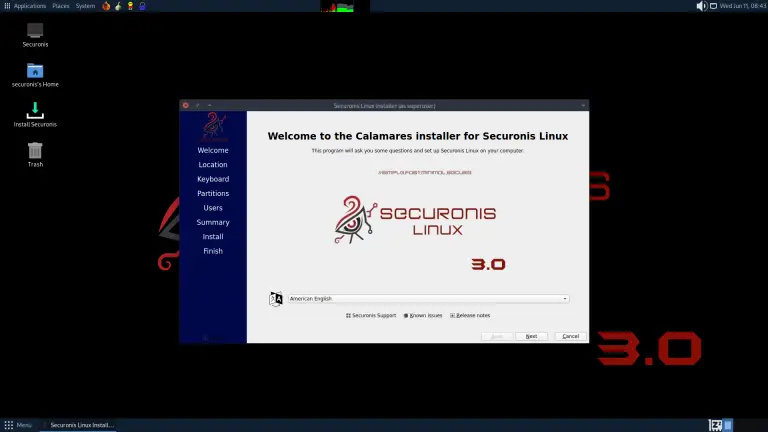
Ubuntu 25.10, scheduled for release on October 9, 2025, will mark a historic milestone as the first version of the operating system to adopt sudo-rs—a Rust-based reimplementation of the classic sudo utility—as its default. Canonical cites its motivation as a drive to minimize vulnerabilities stemming from memory management flaws and to bolster the resilience of critical system components.
The sudo utility, familiar to every user of Unix-like systems, enables command execution with administrative privileges. Its reengineering in Rust is far more than a symbolic gesture. Rust was designed from the ground up to provide stringent guarantees for memory safety, rendering common issues such as buffer overflows or use-after-free errors virtually impossible—bugs that have historically been among the most dangerous in terms of security impact. In recent years, cybersecurity experts, including CISA and Microsoft Azure CTO Mark Russinovich, have increasingly advocated for transitioning to memory-safe languages such as Rust, Go, and C#, urging even the reengineering of legacy tools in these safer languages.
The sudo-rs project was born from Prossimo, an initiative launched in 2020 under the aegis of the Internet Security Research Group. One of its primary sponsors has been Amazon Web Services, which is keen to enhance the reliability of its Amazon Linux distribution. Community support has also been robust—the new utility is already in use in hardened distributions like Wolfi Linux by Chainguard, NixOS, AerynOS, and is included in Fedora, Debian, and Ubuntu.
Marc Schuermann, lead engineer of sudo-rs, noted that the original C-based sudo has historically been a source of serious vulnerabilities. One of the most notorious was Baron Samedit (CVE-2021-3156), discovered by Qualys in 2021, which allowed local users to gain full system access. As early as 2001, the hacker journal Phrack published an article on a flaw whimsically named “Vudo,” demonstrating a similar privilege escalation via sudo.
The decision to prioritize sudo for reimplementation is no coincidence. It is one of the most critical tools in any Linux system, serving as the gatekeeper of privilege escalation. As emphasized by the Trifecta Tech Foundation, “The adoption of sudo-rs is a natural extension of Canonical’s ongoing efforts to improve system software reliability through the integration of Rust.”
In parallel with sudo-rs, Canonical is advancing a broader initiative called oxidizr—a project aimed at simplifying the replacement of classic Unix utilities with Rust-based counterparts. The initiative already supports Rust reimplementations of uutils coreutils, findutils, diffutils, and sudo-rs.
Although Rust continues to stir debate within the Linux development community, the shift toward memory-safe programming languages is gaining unmistakable momentum. In Europe, this transition is even reflected in regulatory frameworks—the Secure by Design principle includes mandates for language-level security. In the United States, CISA has explicitly labeled the continued use of memory-unsafe languages as a poor practice.


